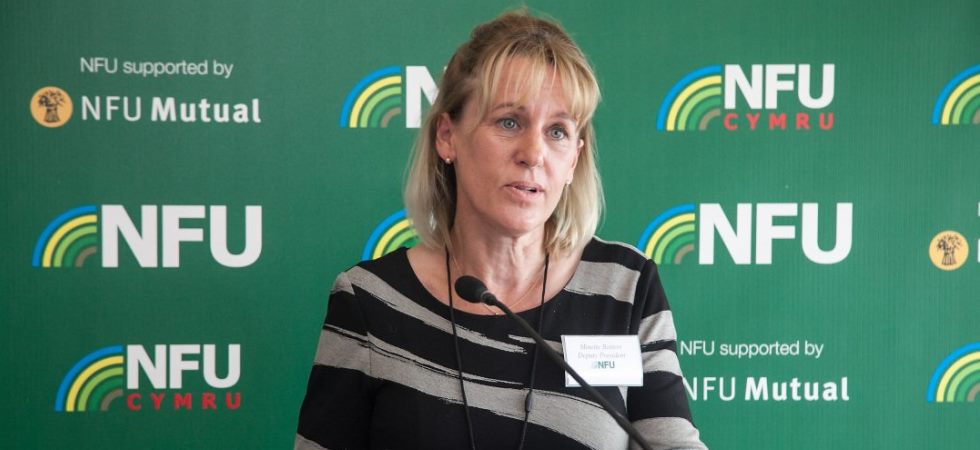A group comprising businesses and trade bodies from across the food industry has warned of further disruption to UK supply chains if long-term solutions are not implemented by government.
Ahead of the National Farmers’ Union (NFU) Food Security Summit, the organisations are calling on government “to set out a positive food and farming policy that creates a resilient and sustainable supply chain to underpin domestic food security.”
The coalition comprise NFU, Food and Drink Federation, National Pig Association, British Retail Consortium, Arla Foods UK and ABP UK.
The summit is set to accommodate reflection on a year that saw the first ever mass cull of healthy pigs in the UK, a shortage of seasonal workers, a shortage of lorry drivers, a limited choice of products on supermarket shelves and a rise in imports due to domestic supply chain issues. Alongside this, record inflationary pressures have affected energy, feed and fertiliser prices.
“The government needs a coherent food policy”
NFU president Minette Batters said: “Britain’s farmers are world-leaders in producing climate friendly food and, over the past 18 months, have been working hard to keep shelves and fridges full despite many being impacted by severe supply chain issues, particularly worker shortages. Government has tried to paper over the cracks with short-term fixes, but if we want to avoid this crisis continuing, long-term solutions are urgently needed to ensure a resilient supply chain that enables us to continue supplying everyone at home with fantastic produce, as well as leading on the global stage.
“A start would be a serious commitment from government to, at the very least, maintain Britain’s food production self-sufficiency level at 60% and helping to create an environment for farm and food businesses to thrive and compete in the coming years.”
Andrew Opie, director of food and sustainability, British Retail Consortium, said: “The government needs a coherent food policy to maintain UK production, including a clear strategy for solving labour shortages throughout the supply chain. Food retailers and producers are working hard to adapt to a post-Brexit world, ensuring supply chains can continue to deliver quality and affordable food for everyone.”
Teamwork is required
Jayne Almond, director of policy and corporate affairs, Food and Drink Federation, said: “There is no better industry than food and drink – from farm to fork – to level up the United Kingdom. With a footprint in every constituency, food and drink provides local jobs and makes a significant contribution to the UK’s economic performance. However, supply chain issues and rising costs are challenging manufacturers like never before. This important summit must consider how we can work together to support our producers and manufacturers, while ensuring UK shoppers continue to get the food and drink they want, at the right price.”
Ash Amirahmadi, managing director, Arla Foods UK, said: “The UK food and farming sector is experiencing shortages in a range of areas caused by local and global factors that are putting real pressure on the supply chain, increasing costs and, ultimately, prices. These strains are not going to go away as we work to become even more sustainable and compete for the best people to come into our industry. Collaboration between government, the industry and farmers is the only way to address this for the long-term and all of us at Arla are ready to play our part.”









